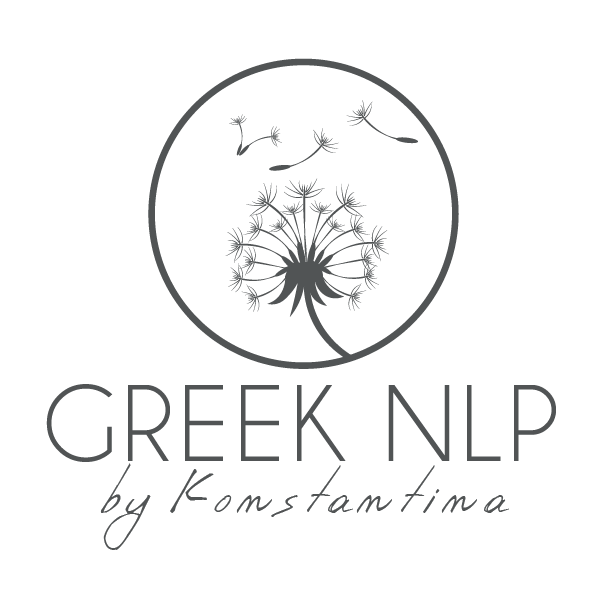Milton & Meta Model Techniques In NLP Coaching: Uses, Benefits & More
NLP was formed by analyzing what works in the creation of change and excellence. Neuro-linguistic programming is a method of modifying someone’s ideas and behaviors to help them reach their goals.
The NLP theory is particularly effective in coaching because it gives coaches models, techniques, and procedures. A quality NLP training program will teach you two language patterns:
• Meta Model
• Milton Model
We will learn about NLP techniques and how Milton & Meta model techniques work in NLP coaching in this context. Let’s start the journey!
What Is Neuro-Linguistic Programming (NLP)?
NLP is a psychological method that evaluates successful people’s strategies and adapts them to a personal goal.
It connects thoughts, language, and behavioral patterns learned via experience to specified outcomes. NLP researchers claim that every human action is positive. It is neither good nor bad if a plan fails or if the unexpected happens; it actually provides additional relevant knowledge.
What Is The NLP Meta Model & How It Works?
The meta-model is a series of questions that allows you to:
• What is unconscious in order to be conscious?
• What is not provided by another person and is not revealed
Whenever we interact, we filter information (processes known as deletion, distortion, and generalization) to make the dialogue shorter and more natural to facilitate.
The difficulty is that we create a lot of ambiguity in this manner. We’re easily misinterpreted.
For instance:
There is a communication issue. For example, it is unclear who is conversing with whom and how is crucial to fixing this problem. What, precisely, is the point? What is the case in particular? Etc.
The NLP Meta Model provides specificity. You now understand that everyone uses these three categories: distortion, generalization, and deletion.
That alone will improve your understanding about people. However, the Meta Model is about more than just improving the quality of the dialogue.
Once you’ve determined how the individual interprets the information, you may provide it to them in a way that they will undoubtedly grasp and consider.
There is a good chance that you can influence this person, which will aid you in reaching your goals.
What is the NLP Milton Model & How It Works?
Milton’s Model is a language of the unconscious mind. It is easier to acquire agreement and access the unconscious mind when employing this concept. When used correctly, it will induce a hypnotic state.
As a hypnotic model, you can utilize this Model with someone awake and having a regular conversation with you. Hypnosis is not a mystical state of mind; it is a brain wave that we all experience daily. Daydreaming, for example, has a brainwave.
The Milton Model provides ambiguity. It’s vague.
Meta Model vs. the Milton Model: Where To Use?
According to the meta-model, which is based on transformational grammatical theory and general semantics, language translates mental states into words. Transcribing involves unconsciously deleting, distorting, and generalizing (a shift towards absolute statements).
Using the Milton Model’s hypnotic linguistic patterns, the listener is led away from specifics and substance toward higher thinking levels and deeper states of mind.
This indicates that you are attempting to meta-model someone out of a bad trance. The one that people are naturally drawn to!
Milton portrayed them in a joyful trance. Where individuals are empowered, inspired, and experience an increase in resilience, optimism, happiness, or well-being.
Best Way to Practice Both (Meta & Milton) Patterns
Three questions at a time are the most effective way to learn the meta-model, and you should practice them until you master them. Whether in our personal or professional lives, we are constantly acquiring knowledge.
Self-mastery is the most effective way to learn the Milton model. I’ve discovered that the most incredible way to teach is to practice.
• Divide the Milton model into bite-sized bits to make it easier to understand. At a time, three parts.
• Practice speaking the model by imagining phrases and then expressing them out when ready.
• Writing sentences on paper is a form of expression.
• Using the Milton Model as a guide, write down keywords on paper (like flashcards).
• Then, on your own, recite the Milton model out to yourself.
• Then, take it out into the world and let it inspire others.
Benefits of NLP Techniques & Coaching
The term “toolkit for the mind” is commonly used to describe Neuro-linguistic programming (NLP). Following scenarios are the especial benefits of NLP:
• NLP coaching may be a helpful tool for combating stress and anxiety.
• We can enhance our health and well-being with NLP by changing how we think about the environment and how we interact with it.
• NLP is well-known for its usefulness and effectiveness in reducing fears and phobias.
• NLP helps to improve our relationships.
• Using NLP to educate people on making decisions based on their dreams rather than their anxieties may increase confidence.
Wrapping Up
However, you may combine the Milton and the Meta Models with other NLP approaches you’ve acquired during your NLP training.
To learn more about NLP techniques & to be a part of the NLP and Longevity” program, visit Greek NLP.

